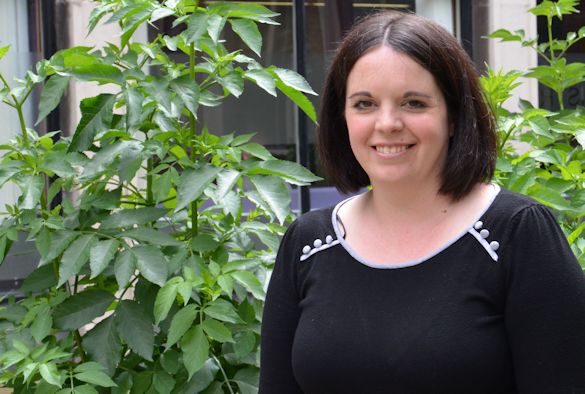The University has been awarded over £400k funding from the Medical Research Council (MRC) to carry out early stage drug discovery activities to develop new drug compounds to treat the fungal infection Cryptococcosis neoformans (C. neoformans).
C.neoformans is a life-threatening fungal infection that causes cryptococcal meningitis, which is a leading cause of death for HIV/AIDS patients globally, with one million cases estimated per year. Sub-Saharan Africa has the highest occurrence of cryptococcal meningitis related deaths in HIV-positive patients with a mortality rate of 70%.
Current treatments for C. neoformans (amphoteracin B, 5-flucytosine and fluconazole) have been found to be inadequate due to associated toxicity, lack of efficacy and supply problems.
Design new compounds
Liverpool researchers will use medicinal chemistry – that it the modification of the chemical structure of a drug – to design new benzimidazole compounds from the existing drugs flubendazole and albendazole (currently used to treat parasitic worms).
Information from computer models will be used to predict how they are likely to behave within the body and interact with their biological target. The efficacy of the new compounds will then be established through collaboration with Prof William Hope and the Antimicrobial Pharmacodynamics and Therapeutics laboratory.
Longer term aim
The longer term aim is to develop a single agent that can be administered both orally and intravenously, which would be a significant advance on existing treatments.
Dr Gemma Nixon, from the University’s Department of Chemistry, who will lead the three year research project, said: “This award provides an excellent opportunity to make substantial progress in the treatment of a relatively underexplored, yet deadly fungal infection. The development of new orally bioavailable anti-cryptococcal agents with reduced toxicity and improved efficacy is imperative to the long term management of this disease.”
This three year project, funded by an MRC New Investigator Grant, will start in July 2016 and is a collaboration between researchers in the University’s Department of Chemistry and the Institute of Translation Medicine.
